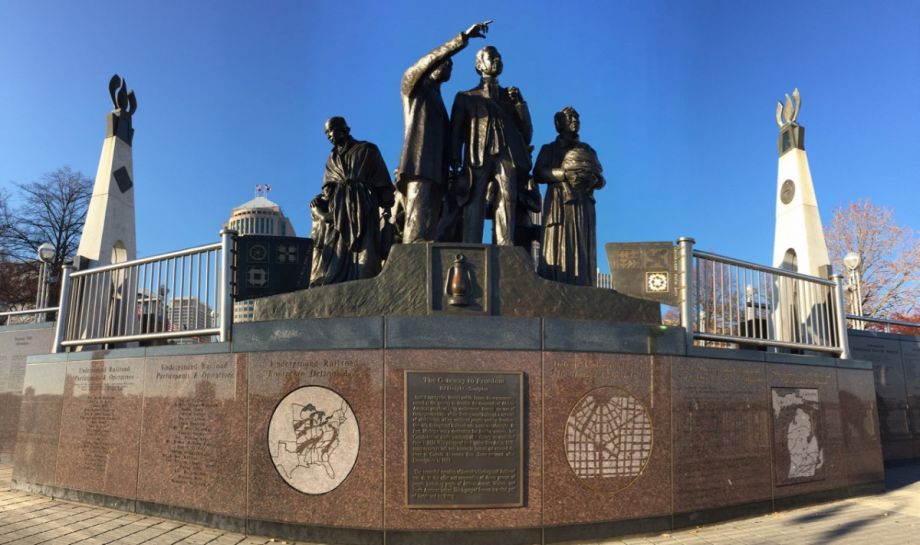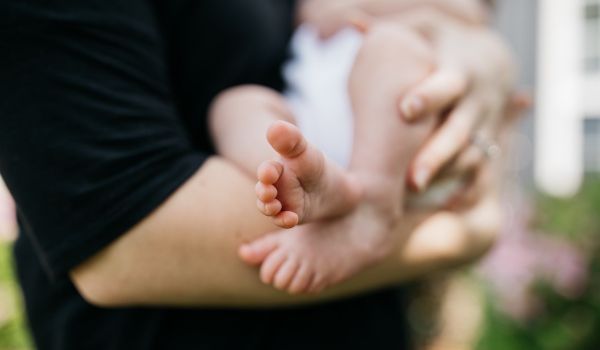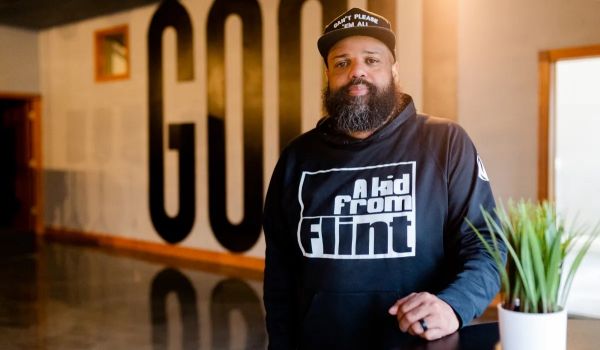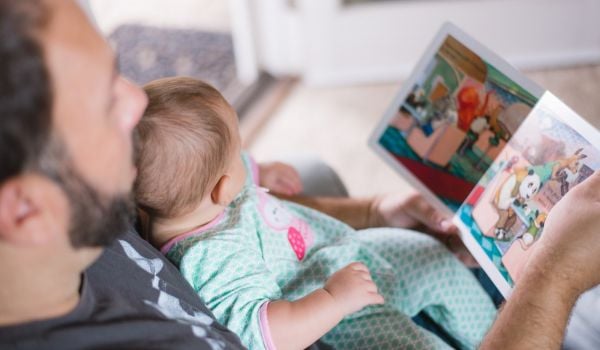Kofi Kenyatta had just graduated from Hampton University, in Virginia, where he majored in business management. He returned to his native Detroit, for what was supposed to be a short break before moving to Charlotte, North Carolina, to accept a job offer from Bank of America.
“I started talking to some friends who went away to school and they were doing great things, and I said to myself if everyone who made it out leaves, well what’s going to happen to our community,” Kenyatta says.
So he turned down the job.
Kenyatta struggled for a while, worked for a few nonprofits around Detroit, but he got involved in his community and even ran unsuccessfully for state assembly.
“I had an opportunity to see what some of the ills were in our communities. I realized that these institutions, though there are good institutions, they were doing more to pump up themselves than they were doing to service the community. Some of them, not all of them,” he says.
He eventually landed a job with the Family Independence Initiative (FII), when they expanded to Detroit in 2014.
“When I heard about the FII model, putting families first, putting FII in the background, documenting and showcasing the initiative, the ingenuity, the awesomeness of our families, that hit home,” Kenyatta says.
FII, which started in 2001 in Oakland, California, gives households a laptop and a monthly stipend in exchange for submitting data about income and saving and spending priorities. Participants self-organize into small support groups of six to eight people, and they also report to FII about how they’re helping each other to achieve goals.
“After we do the initial recruiting,” Kenyatta says, “our families pretty much recruit for us. They contact individuals in their community, family members, co-workers, friends, and let them know about the opportunity and they self-organize their own groups.”
Each group names itself. In Detroit, some of them include Blessed in Brightmoor, the Brightmoor Gentlemen and Direct Path Ventures. They meet at least once a month.
“Sometimes they meet at families’ homes, sometimes coffee shops, community centers, libraries, all over the place,” Kenyatta says. Planning events, such as back-to-school fairs, is common.
After about six months of data collection, FII builds a resource bank, which is essentially a menu of financial resources for asset or community building, tailored to each group’s needs and priorities. This puts the families into the driver’s seat, as opposed to a social worker or some other supposed expert. Resources include grants, scholarship funds and interest-free loans.
Most importantly, the resource bank is adaptive based on the priorities of families as they shift over time and as it becomes clear that they’ve tried every other avenue for capital or other assistance available to them, including and especially each other.
“We want our families to depend on each other, because that’s the one thing, the one constant. We help our families see value in that,” Kenyatta says.
The results so far in Detroit: The cumulative income of the households in the program have gone up 23 percent, and 42 percent of families have had someone in the household start some kind of educational program (college, GED program or vocational school) since they came into it.
In addition to Detroit and Oakland, FII or its partners have launched the program in Fresno, San Francisco, Southern California, St. Paul, New Orleans, Boston and, most recently, Albuquerque.
In Detroit, FII plans to recruit another 116 families in 2016, which would roughly double the size of that program. The most difficult part of expansion, Kenyatta says, is knowing just how far down the socioeconomic ladder to reach.
“In a city like Detroit, with 38 percent of people living in poverty, families recommend new members who are struggling, barely making it, individuals who need help,” Kenyatta says. “But we’re not a helping organization. We’re a learning organization.”
What Kenyatta means more broadly is, FII’s model is designed to complement the social safety net — not replace it.
Between 2009 and 2011, only 3.5 percent of families in the U.S. experienced poverty for the entire period. Over the same period, 31.6 percent of families experienced poverty for at least two months. In any given month, huge volumes of people are moving in and out of poverty, some having spent years above the poverty lines, some a few weeks or less.
FII’s model meets those families as they reach the threshold where the social safety net starts to fade away.
“The social safety net needs to be protected, but we’re talking about how people can stay out of that safety net once they move forward,” says Jesús Gerena, managing partner at FII.
Gerena is leading FII’s expansion efforts around the country. He hired Kenyatta to lead efforts in Detroit, but in New Orleans there’s a program flourishing without local staff.
A tight-knit group of families temporarily displaced by Hurricane Katrina ended up spending time in Oakland, where they encountered FII’s model. When the families returned to New Orleans, they couldn’t wait to get started using the model and reporting the data back to FII (even using their own computers) in exchange for a bit of financial support.
“The only piece we provide to them is raising money to meet their efforts, for which they also raise money themselves. It’s almost like matching,” Gerena says. “All our families get so excited to finally be functioning inside a system that they see as working for them.”
The data the families provide to FII provides more than just information to help inform support for what the families are already doing. It’s really the secret to transforming mindsets and cultivating broader economic policies and institutions that invest in every family no matter where they are on the socioeconomic ladder.
“We are able to put a spotlight on that work to shatter the misconceptions and negative stereotypes about the working-class families who live in poverty,” Gerena says.
The Equity Factor is made possible with the support of the Surdna Foundation.

Oscar is Next City's senior economic justice correspondent. He previously served as Next City’s editor from 2018-2019, and was a Next City Equitable Cities Fellow from 2015-2016. Since 2011, Oscar has covered community development finance, community banking, impact investing, economic development, housing and more for media outlets such as Shelterforce, B Magazine, Impact Alpha and Fast Company.
Follow Oscar .(JavaScript must be enabled to view this email address)








_600_350_80_s_c1.JPEG)








